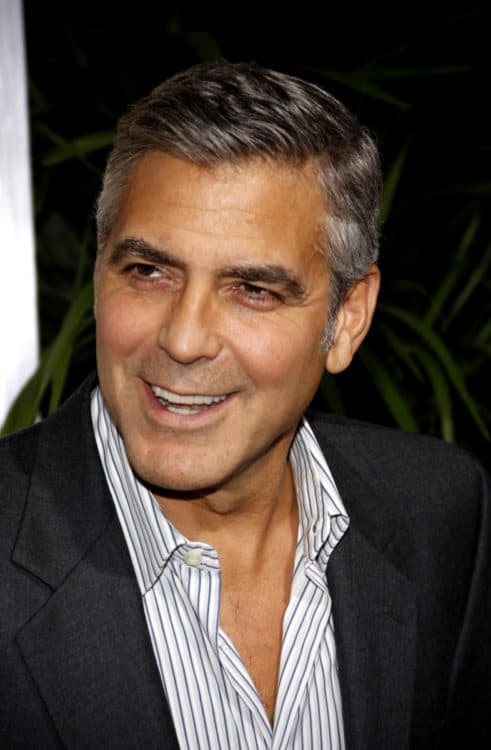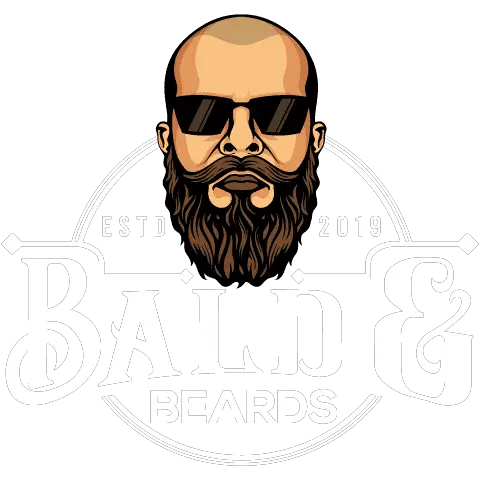How do you know what type of hairline you have? Many people want to know, especially as you age, your hair and scalp may exhibit characteristics of balding.
There are 12 fundamental hairline types, each defined by how far your hair drops on your forehead or falls back toward your crown. Hairlines also form different shapes and distinguishable patterns.
Are you worried about your hairline? Your hairline will mature and change throughout your lifetime. We explore different Men’s hairline types below and provide some guidance on preserving yours.
If your hairline has changed, you shouldn’t automatically assume you’re experiencing hair loss. Plenty of people have ever evolving hair textures and hairlines throughout their lives. In addition, your hairline is hereditary, so if you want to know what your future hairline may be, look at your father or mother’s father.
Hairlines determine a lot about your appearance, says PubMed Central, and even if it’s receding, you can still cut your hair with style to achieve a great look while complimenting your face shape.
1. Low Hairline
People with a low hairline typically have very thick hair growth starting just above your eyebrows.

Low hairlines typically only expand an inch or two above the eyebrow. With a narrow forehead, hair typically hangs lower to the brow and covers much of your head already.
Low hairlines typically recede for most juvenile men as they age, so you could have a higher hairline by the age of 21.
2. Mid Hairline
The mid hairline is one of the most desirable. Men typically achieve this hairline after puberty in their 20s.

A mid hairline shows you have a standard forehead, and it’s preferred over to the low or high hairline for some. It’s because your forehead is proportionate to a mid hairline.
For men who get hair transplant surgery, this style is often the desired results with hair easily parting in the middle.
3. High Hairline
A high hairline may be genetic, as you can still have thick hair. In other cases, it could mean you have thinning hair along your juvenile hairline.
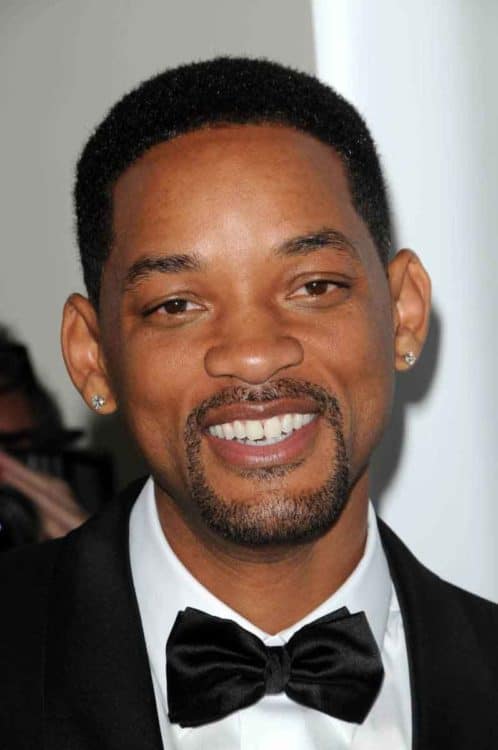
Many celebrities have a notable high or receding hairline revealing their forehead. We perceive people with high hairlines and larger foreheads as intelligent, distinguished, and highly adaptable.
While having a high hairline may seem like you’re receding, it may only be a sign of maturing, which is totally normal.
4. Rounded Hairline
When your corners and hairline appear curved with no uneven lines, you likely have a rounded forehead.
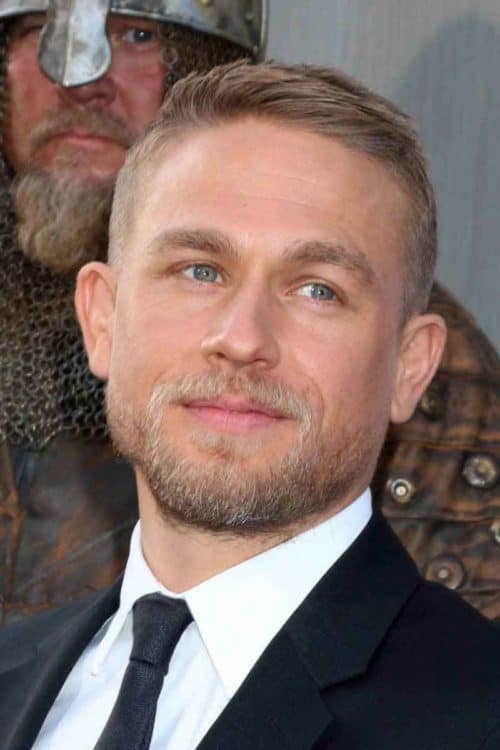
Most men have an edge or peak to their hairline, but this group has a smooth, rounded hairline with no jagged edges or deep V angles. The even distribution of hair across this hairline requires thicker hair.
5. Uneven or Zigzag Hairline
If you have fine hair, you likely have an uneven hairline or zigzag pattern that’s completely natural and unique.
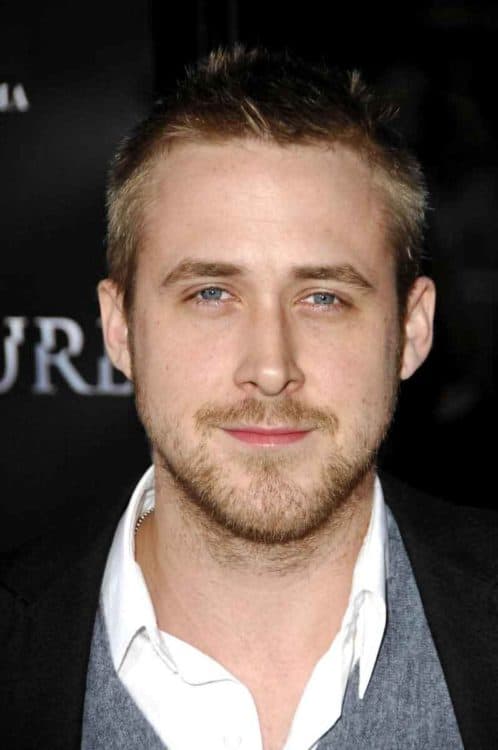
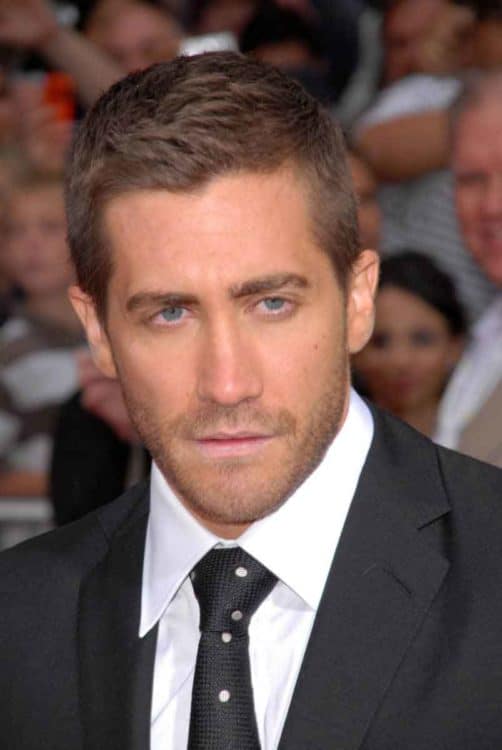
Many men who have uneven hairlines worry that one temple may recede farther than the other, but these hairlines may never recede.
6. Cowlick
Robert Pattinson has one of the most unique cowlick hairlines. He typically has it shaved to avoid dealing with these wild stray hairs.

A cowlick is a stubborn patch of hair that goes against the grain. Typically, these strands stick up as it grows in a different direction than the rest of your hair.
Also, they can be difficult to cut and style. So, if you have a cowlick hairline, then you may ask your barber to shave it down or diminish the curl with a slight trim to make it more manageable. Otherwise, you may develop a bad hairline.
FYI – Cowlicks can also happen at the back of your head and lower on the neck.
7. Widow’s Peak
The V hairline is also known as the Widow’s Peak.
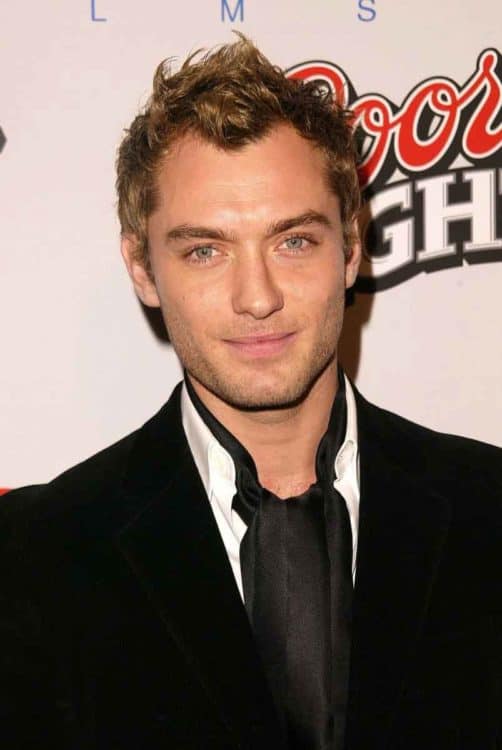
This hairline is quite defined with a prominent point or peak that hangs lower on the forehead than the hair above your temples. Traditional Widow’s Peak hairlines are rounded and form a V-shape.
8. M Shaped Hairline
The male hairline is truly unique. For those with a widow’s peak and a square forehead, you likely have an “M” hairline pattern.

This indicates your hair may be receding in the corners if you used to have a straight hairline.
9. Straight Hairline
A straight hairline follows the straight contour of the forehead drops, curves or change in direction. Sometimes referred to as a juvenile hairline and typically younger people have the straightest hairline without angles or corners.
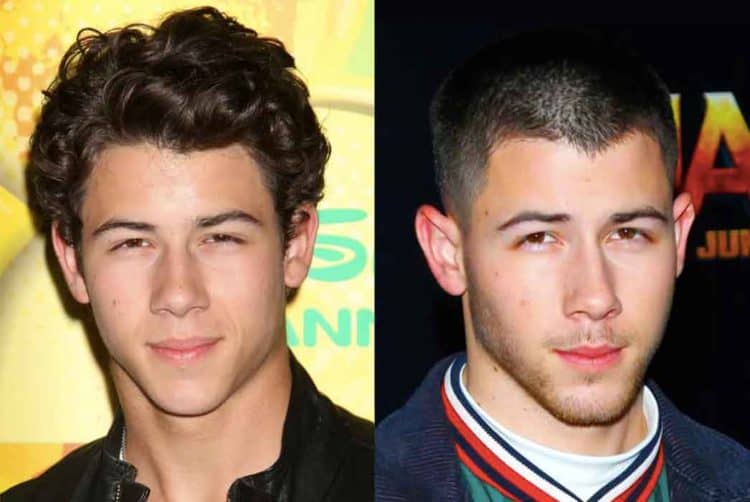
These hairlines typically develop around the age of 15 or 16, as you grow out of puberty, and gradually, your mature hairline will form.
10. Receding Hairline
As get older, your hairline may take an unfamiliar shape, slowly developing higher corners while the hairline starts moving higher. This means your hairline is receding and revealing more of your forehead hairline.

While you may not lose any more hair after your hairline matures, you could lose a little more hair in the corners. However, if your hairline continues to recede, it may be due to male pattern baldness.
11. U-shaped Hairline
As the hairline recedes back, and will take on a “U” shape pattern. With further temple recession, the “U” shape will deepen.
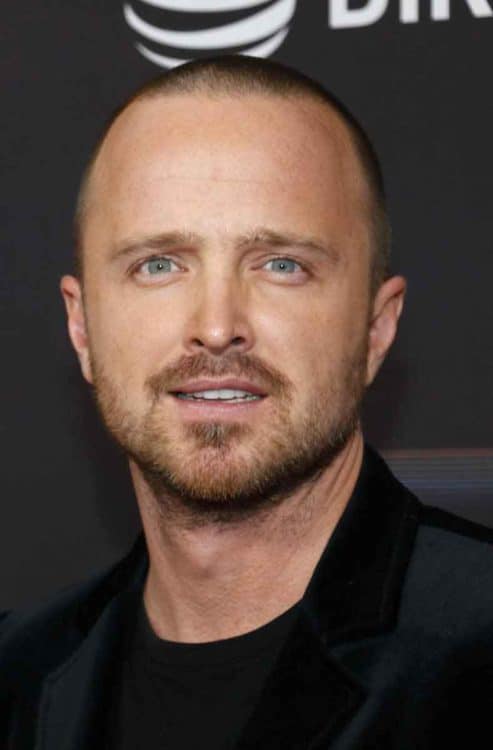
12. Mature Hairline
A mature hairline is the point at which a person’s hair begins to recede from the temples and crown, marking the end of their teenage years or early adulthood.
